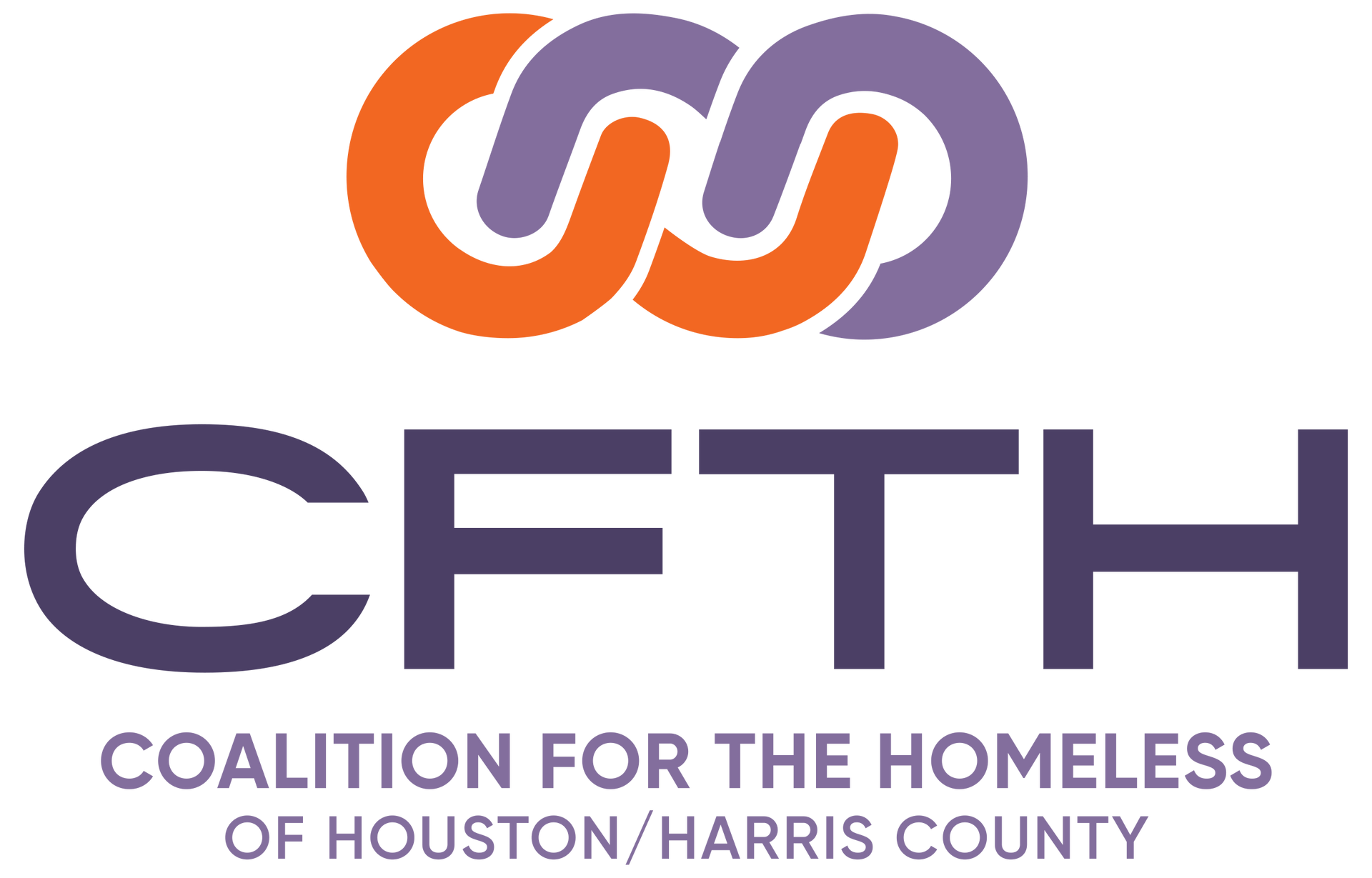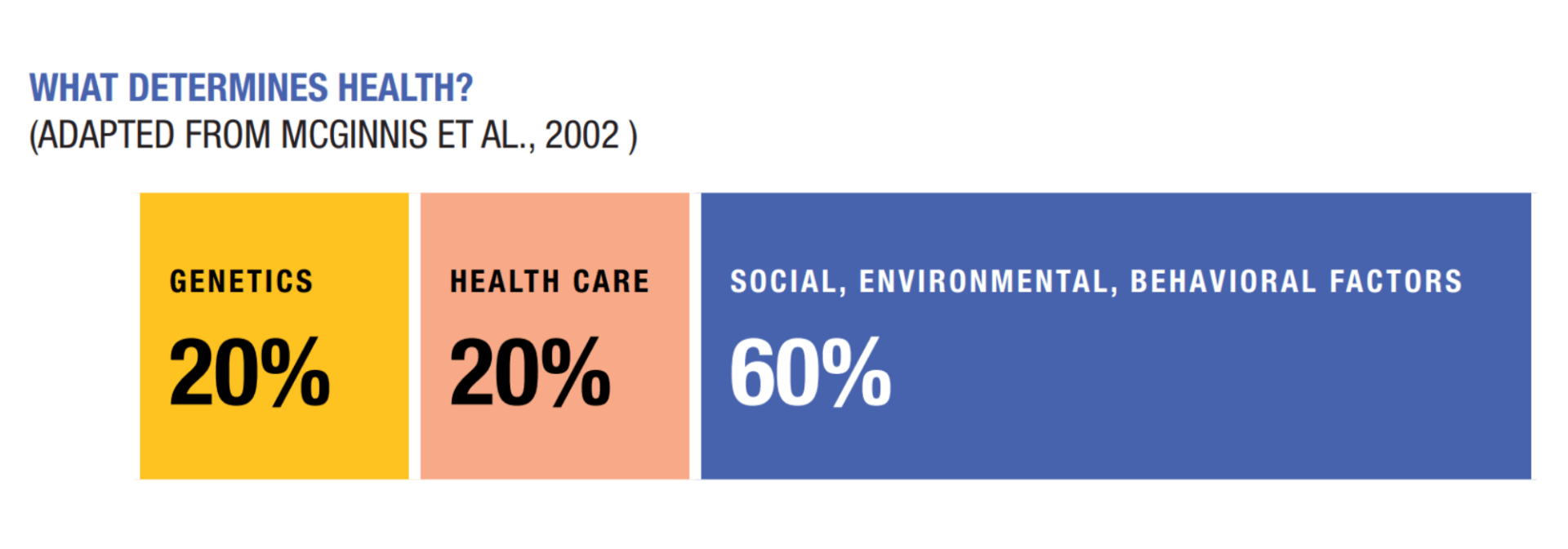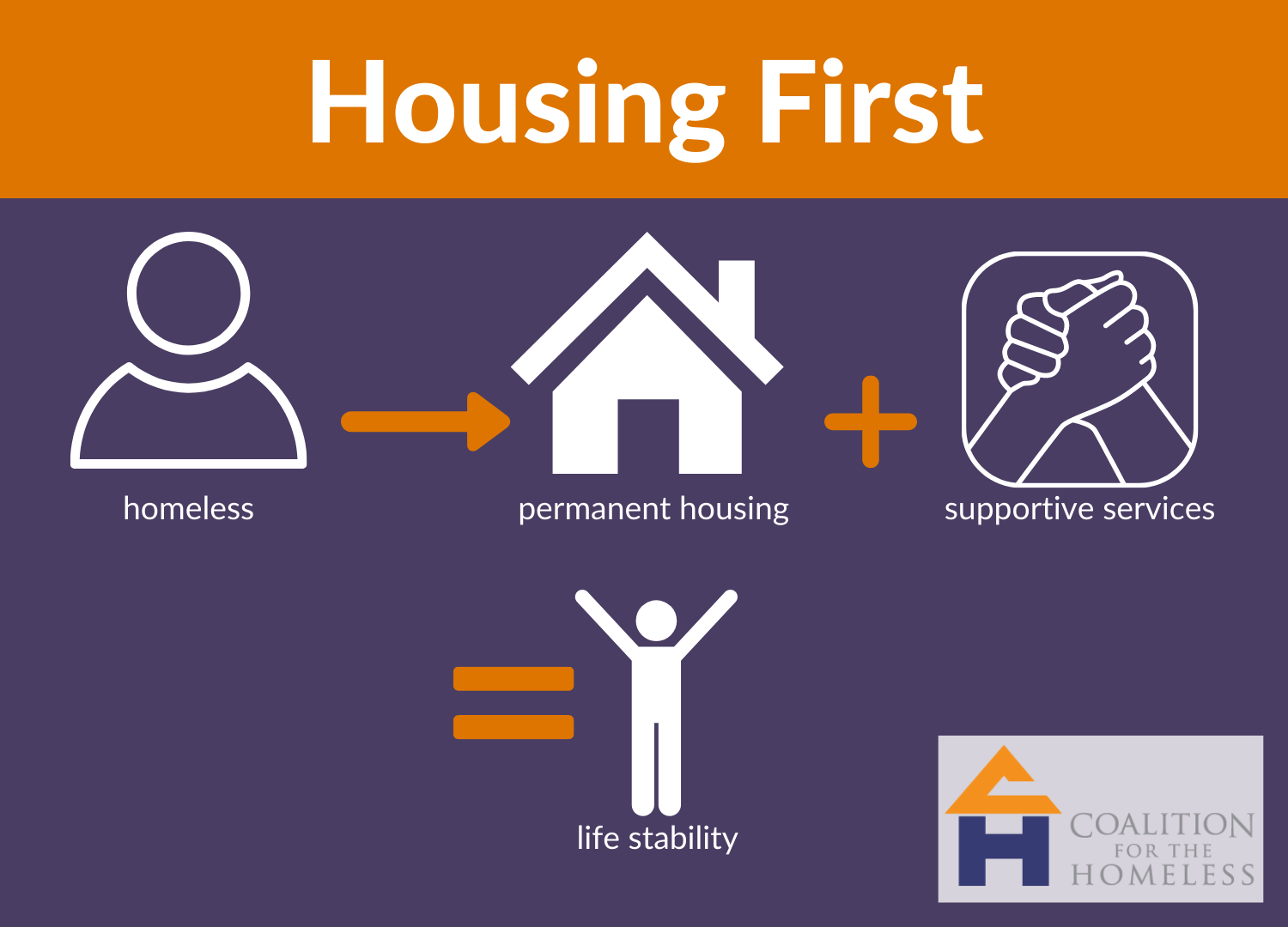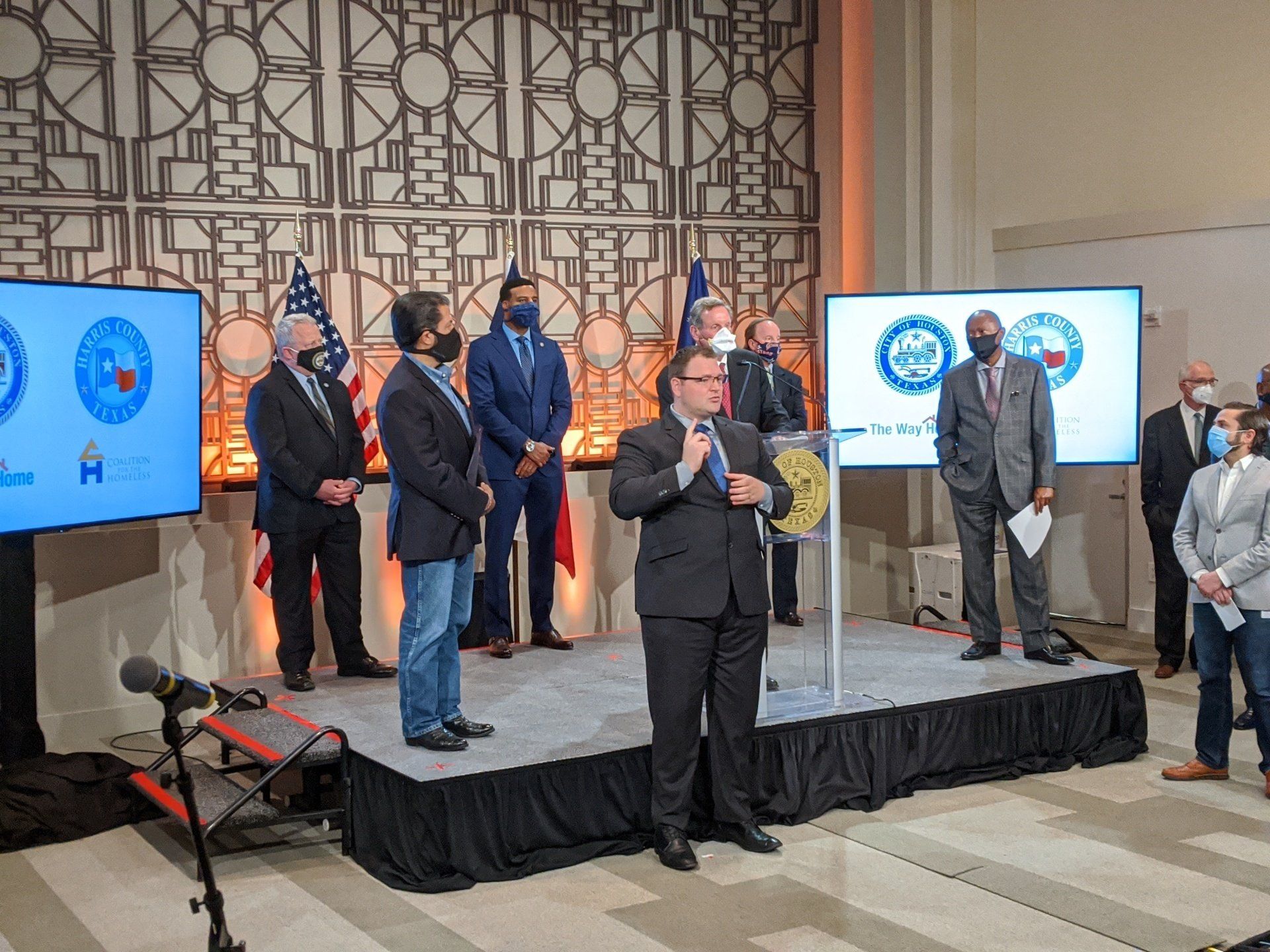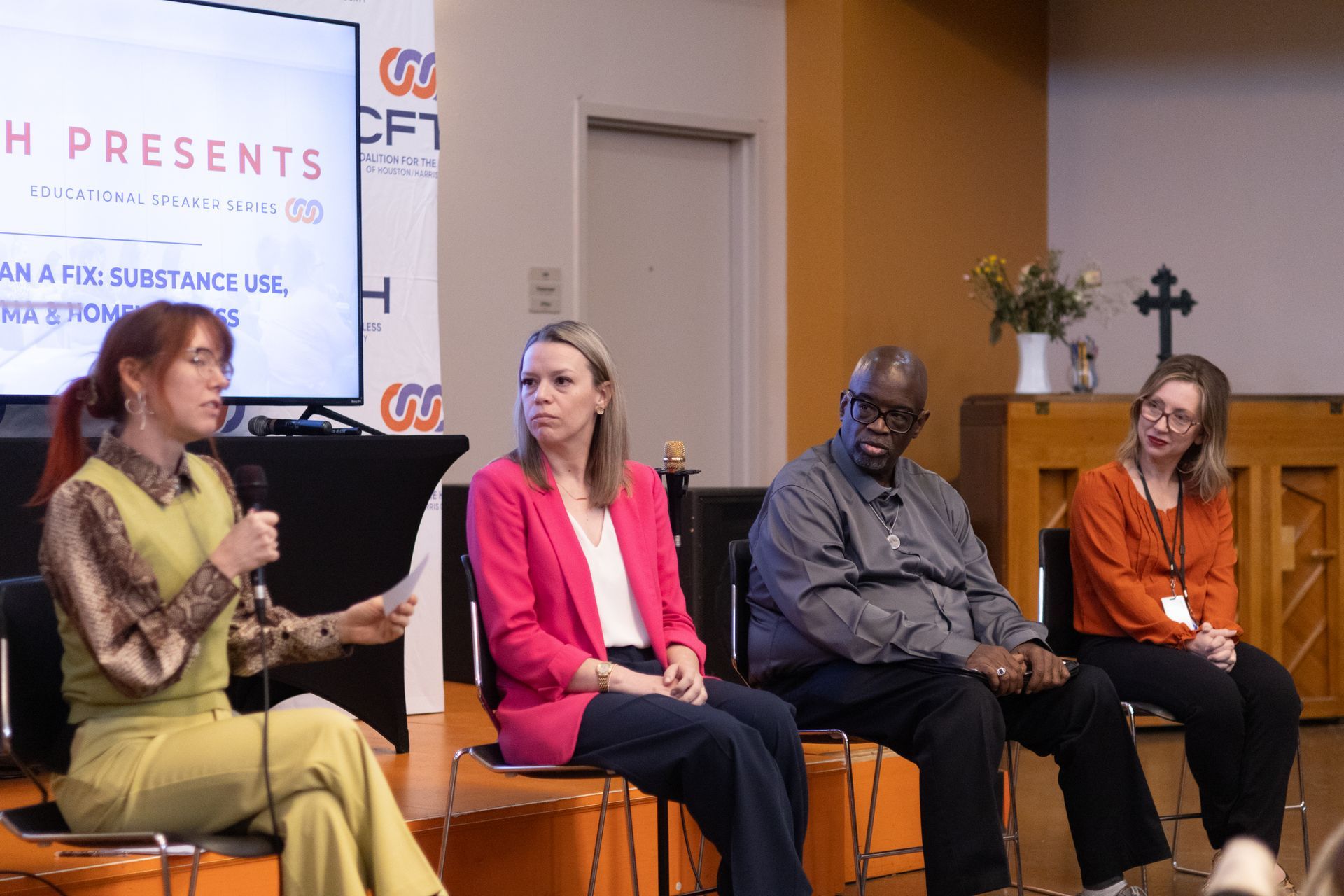Housing is one of the primary social determinants of health. Increasing access to housing for people experiencing homelessness improves health outcomes and reduces healthcare costs. If we want to live in a community that is physically and mentally healthy, we need a community that is housed.
Homelessness 101: Housing is Healthcare
Homelessness 101: Housing is Healthcare
For years, the Coalition for the Homeless has championed the belief that housing is healthcare - but what does that mean?
Mental and Physical Benefits of a Home
When people have access to safe, affordable housing, their mental and physical health improves for many reasons:
- Protection from exposure to outdoor elements
- Stress levels reduce dramatically
- Access to preventative physical and mental healthcare
- Access to medication and proper medication storage
- More stable personal and sexual relationships
- Regular schedules mean more regular meals and nutrition
- Access to personal hygiene and sanitation
COVID-19 and Homelessness
In the context of the global pandemic, the belief that housing is healthcare has become even more critical. Without a safe and decent home, people cannot comply with recommendations on how to slow the spread of the virus. People experiencing homelessness also run a higher risk of contracting COVID and if they do, they have a high risk of complications or even death.
COVID-19 is not only a significant threat to those already experiencing homelessness; rises in unemployment, an unsteady economy, and the eviction moratorium currently scheduled to end at the end of 2020 mean that many in our community may be on the verge of homelessness.
And studies have shown that even housing instability (trouble paying rent or mortgage, overcrowding, moving frequently, staying with relatives, or spending the bulk of household income on housing) increases the odds of negative health outcomes. This type of housing instability can lead to depression, anxiety, poor health, and food insecurity.
Housing First Impact on Healthcare
Medicaid Expansion
Supportive housing is a non-clinical driver of improved health outcomes. Due to the proven physical and mental health benefits of supportive services in permanent housing, Medicaid expansion allows nonprofits to create sustainability for these services by billing them to Medicaid.
To date, most states in the country have elected to expand Medicaid. Texas has yet to expand Medicaid, something many homeless advocates speak out against. Lack of expansion means valuable, available federal funds (perhaps as much as $5.4 billion) are not making their way into our communities. Far too many dollars are being left on the table that could be used to provide supportive housing for members of our community.
What We Can Do
Further Reading
Housing And Health: An Overview Of The Literature, Health Affairs
Housing is Health Care, National Health Care for the Homeless Council
Housing First, National Alliance to End Homelessness
Housing Instability, HealthyPeople.gov
To Improve Outcomes, Health Systems Invest In Affordable Housing, Health Affairs
Homelessness Initiatives: Advancing Access to Affordable Housing as a Means to Maximize Opportunities for Living Communities, Medicaid.gov
Linking Medicaid and Supportive Housing: Opportunities and On-the-Ground Examples, Kaiser Family Foundation
Medicaid expansion could bring Texas $5.4 billion in federal dollars, study says, The Houston Chronicle
Abbott say the homeless need mental health care. Advocates say Medicaid expansion would help., The Texas Tribune

